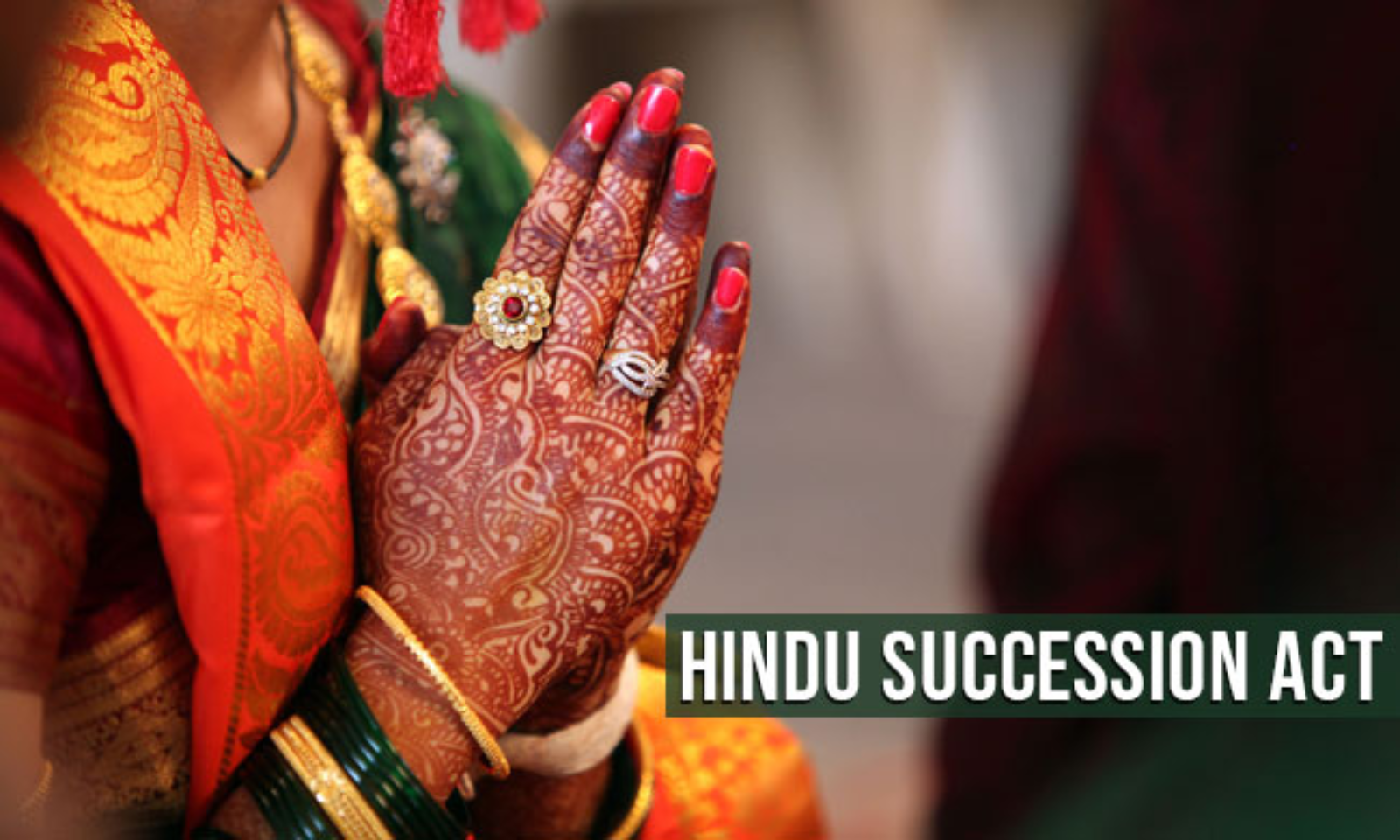A plea has been filed in the Supreme Court praying for the use of plain language in the drafting and issuing of all government rules, regulations, notifications, communications that are of interest to the general public.
In order to facilitate access to justice for laypersons, the petitioner has also sought directions to the Union Law Ministry to make available guides and handbooks on laws of general public interest and redressal of grievances in easily understandable language.
The petitioner lawyer, Dr Subhash Vijayran, has based the plea on the basis of the fact that the "writing of most lawyers is: (1) wordy, (2) unclear, (3) pompous and (4) dull." The plea states,
"It is the common man who is most ignorant of the system – in fact quite wary of it. Why? Because he neither understands the system nor the laws. Everything is so much complicated and confusing. The way laws are enacted, practiced and administered in our country violates the fundamental rights of the masses by denying them – Access to Justice. ‘Speedy Justice’ and ‘Legal Awareness’ are the two, out of the many, facets of Access to Justice."
Highlighting the importance of using plain language, the petitioner states,
"It avoids verbose, convoluted language and jargon. Using plain language in communications ultimately improves efficiency, because there is less ambiguity for the readers, and less time is taken for clarifications and explanations. This is a step toward Access to Justice."Plea filed in Supreme Court
The petition states that too much precious time, energy and resources of both the Court as well as lawyers/litigants is wasted due to badly written & verbose drafts and ad-nauseam oral arguments, and that there is a need to prioritize and efficiently use resources.
"If this court is to be truly a court of the masses – and not court of a fortunate few – the era of never-ending oral arguments and verbose pleadings has to go."
Dr Vijayran further prays for directions to the Bar Council of India (BCI) to introduce a mandatory subject of “Legal Writing in Plain English” in the three-year and five-year LL.B. courses at all law schools in India.
He has also called for the direct imposition of a page limit for pleadings and a time limit for oral arguments before the Supreme Court. The plea states,
"As a humble suggestion vis-à-vis oral arguments – for each side – time limits of 5-10 minutes for applications, 20 minutes for short cases, 30 minutes for cases of moderate length, and 40-60 minutes for long cases may be imposed. Only in exceptional cases of constitutional and public importance, should the time limit of oral arguments be relaxed beyond one hour..."
The matter is likely to be listed for hearing on October 15.
